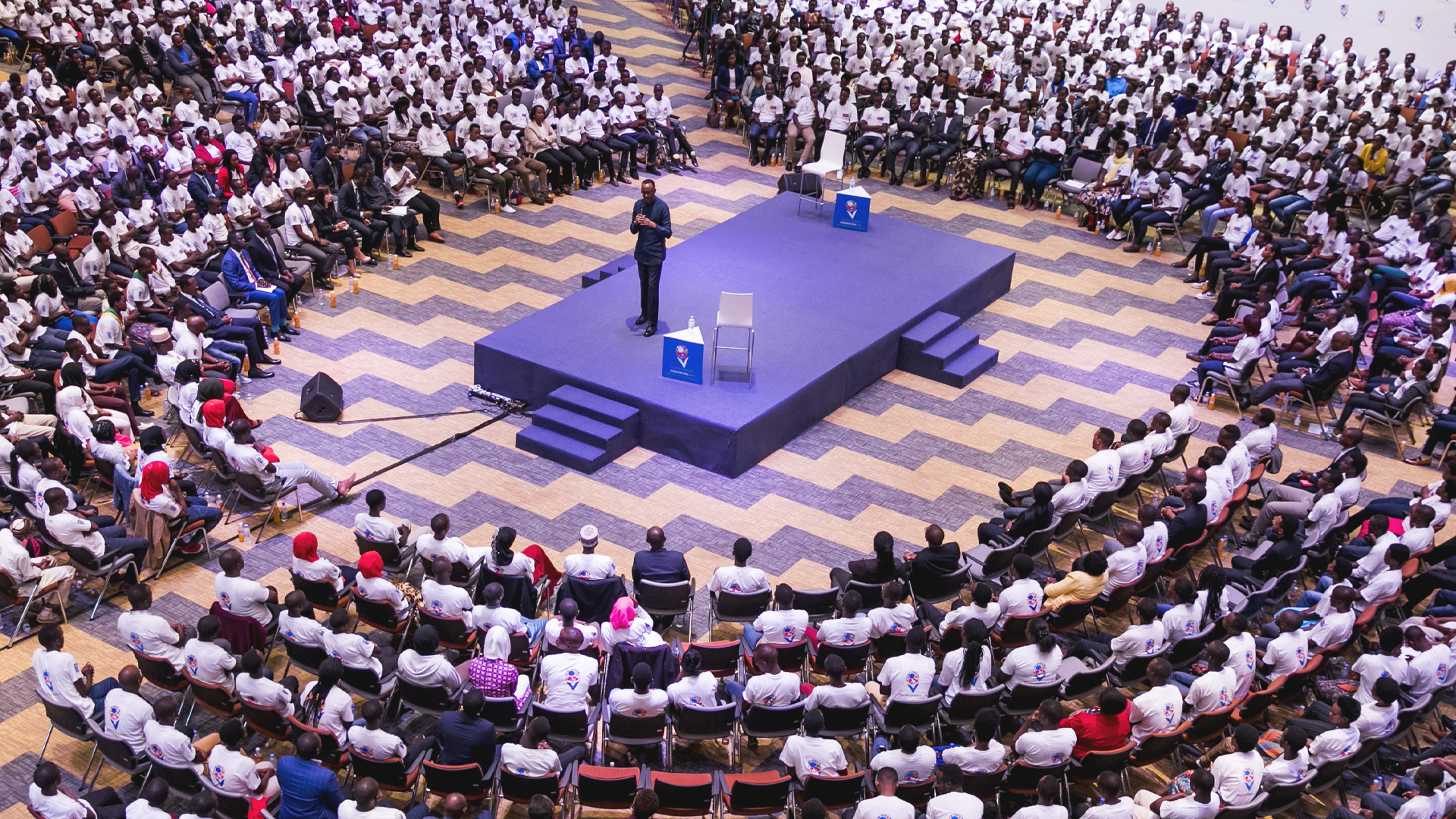Last week, Rwanda hosted its annual YouthConnekt Africa summit. The continental initiative looks to empower young people by investing in their ideas, innovations, and initiatives.
The YouthConnekt Africa summit was initiated by the Rwandese government in 2012 to focus on improving youth employment, entrepreneurship, and civic engagement through tech innovation.
This year’s summit attracted thousands from over thirty African nations, private sectors, and non-governmental organisations such as the UNDP.
This year’s theme, “Accelerating investments in Youth: Resilient Youth, Resilient Africa” focused on health, trade, climate resilience and financing, technology, and skilling for the future.
What are the challenges facing young Africans?
YouthConnekt Africa aims to sustainably contribute to the achievement of Africa’s SDGs goals, the African Union 2063 agenda, and African Union Youth Charter.
According to the United Nations (UN), more than 60% of Africa’s population are under 24, making it the youngest continent on Earth. This puts the Gen Z population at the centre of new employment opportunities.
However, various challenges including a lack of proper education, employment opportunities, and business funding have limited their success.
The Covid-19 pandemic brought its own share of challenges. Loss of jobs and the rising cost of living has created tougher financial burdens for many families. Unemployment has led to youth exclusion from governance, decision making, and personal development, reducing the desire for independent success among many young Africans.
A lack of opportunities and funding to run for political positions has limited young Africans’ dreams of actually influencing government.
There are restrictions placed on Gen Zers via government constitutions, too.
This has encouraged a political system which does not favour the youth, but rather those already in power, and a lack of inclusivity for young people is impacting the growth of Africa’s economy.




















